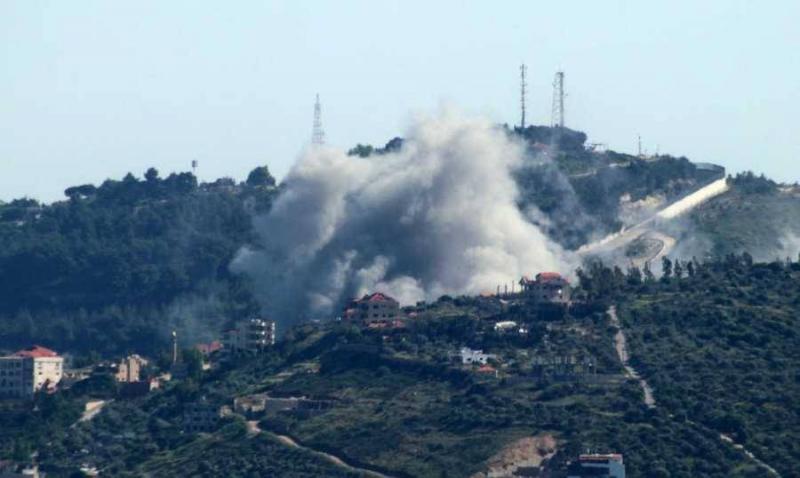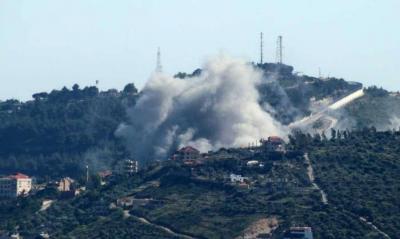Officials revealed that "Hezbollah" informed Western diplomatic entities that visited to assess the situation in recent hours that it would adhere to a ceasefire in the south once an agreement is reached in Gaza and the war there stops. A knowledgeable source told the Kuwaiti newspaper "Al-Anbaa": "Hezbollah showed remarkable flexibility in dealing with any proposals regarding the borders," noting that "stopping the battles on the borders would open the way wide for presidential election endeavors, which could be accomplished in a short period."
The source added: "U.S. envoy Amos Hochstein and French envoy Jean-Yves Le Drian made significant efforts to draft an agreement framework that could serve as a basis for a solution, should there be any developments in the stances either regarding the results of the French elections or the U.S. administration's focus on the presidential elections."
The source indicated that "messages have been conveyed to Lebanese officials containing serious signals regarding the negotiating process, and the option of Israeli military escalation has receded in line with the advancing negotiations over Gaza." Sources noted that French and American diplomacy are in complete coordination and agreement on the main outlines of the proposed solution.
A knowledgeable source told "Al-Anbaa" that "Israeli Prime Minister Benjamin Netanyahu's government conceded to agreeing to U.S. President Joe Biden's plan after Hamas accepted it." The source added: "For its part, the Hamas movement was compelled to accept a plan it had previously rejected multiple times and abandoned the main condition it had insisted on, which was a permanent ceasefire before any agreement, coinciding with the Israeli army's transition to the third phase of the war, executing selective operations, thus maintaining the state of war and undermining Hamas's ability to maneuver, putting it at odds with civilians."
Additionally, a dissenting political source, in an interview with "Al-Anbaa", ruled out the possibility of Israel expanding the war to Lebanon, for a primary reason that transcends the agreement with Hamas or not, relating to Netanyahu's visit to Washington and his anticipated speech before Congress. Consequently, the potential for an expanded war would be postponed until August, bearing in mind that Israeli students are scheduled to return to school in September. The dissenting political source emphasized that the war would not expand "as long as Israel continues to target Hezbollah leaders."




